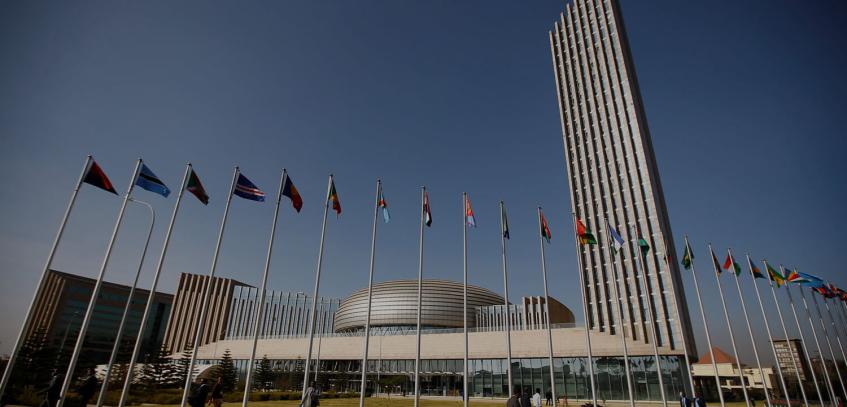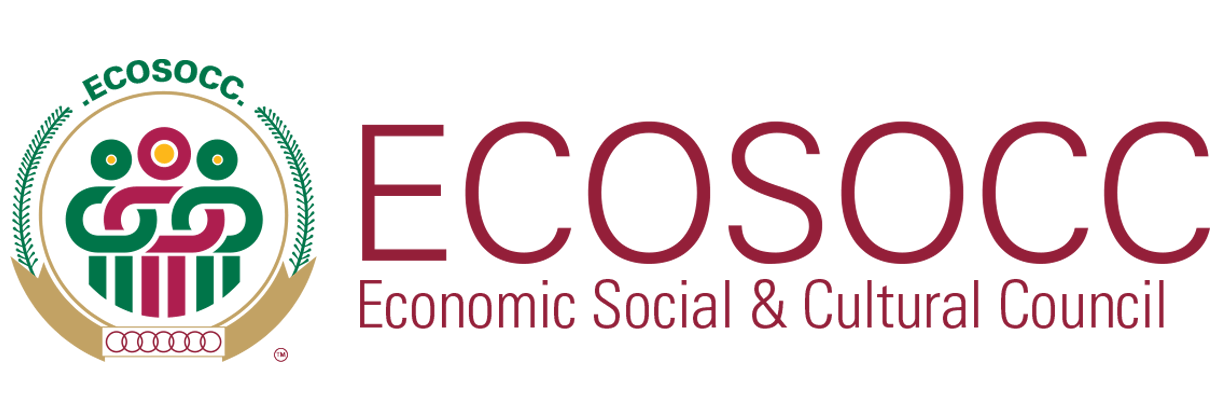We, participants in the ECOSOCC CSOs Town Hall on ‘The Recurrence of Political Transitions in Africa: How Can Civil Society Organization (CSOs) contribute towards Political Stability?’ representing civil society organizations, international partners, and human rights defenders drawn from the continent at large:
- Appreciating the African Union Economic, Social and Cultural Council (AU-ECOSOCC), organized a consultation bringing together African CSOs from across the continent to discuss the fallout of ongoing political transitions and the role of Civil Society in supporting these processes and to re-establish political stability in the continent;
- Understanding that the theme of dialogue is in line with the implementation of Moonshot 3 of Second Ten Year Implementation Plan of AU Agenda 2063: Public institutions are more responsive in promoting good governance and democratic culture;
- Mindful that the recurrence of political transitions in Africa, often marked by coups or unconstitutional changes of government, represents a concerning trend with significant implications for stability and development. These transitions, while sometimes driven by democratic aspirations, are potentially liable to undermine democratic norms and create conditions for future instability.
- Cognizant of the unique opportunity political transitions offer for a rethink of state structures and institutions, and nevertheless noting that the transition to genuine democracy has been uneven, with challenges including weak institutions, corruption, economic instability, and processes that are not always fully inclusive of all segments of society.
- Acknowledging the potential of this CSO consultation to enhance sustainable political transition in Africa as a key component for achieving the Africa Agenda 2063, characterized by peaceful power transfers and inclusive governance, and crucial for creating a stable environment conducive to long-term development and prosperity.
- Cognizant of the continent’s normative framework for democratic governance has long been articulated through the African Union, Regional Economic Communities and National Laws;
Identified the following as common drivers to the recurrence of political transitions in the continent;
- Democratic regression resulting in weakened governance structure and eroding democratic norms.
- Governance deficits in member states manifesting through weakened institutions, rising corruption, term-limit abuses and accountability gaps.
- A deteriorating security landscape and widespread unrest resulting therefrom.
- Rising Populism, youth exclusion and marginalization exacerbating social tensions and creating a fertile ground for unrest.
Consequently, hereby urge civil society stakeholders across the continent to:
- Play a crucial role in detecting early signs of instability leveraging their community embeddedness which provides unique insights to monitor and report threats effectively.
- Foster dialogue among key stakeholders and ensure broad participation in transition process making it inclusive and credible.
- Enhance civic education, which is key in building resilient democracies.
- Improve cross-border collaboration by strengthening regional ties for collective action, essential for regional peace.
- Support the AU-RECs led processes in some AU sanctioned countries as the framework for achieving a stable and successful political democratic transitions.
- Play crucial role the implementation of exiting AU initiatives such as Africa Country Instability Risk Index (ACIRI) and Africa Facility to Support Inclusive Transitions (AFSIT) geared towards knowledge sharing and build capabilities of CSOs.
- Call for a wider continental dialogue to end unconstitutional power transitions and stabilizing Africa’s political landscape for effective Agenda 2063 implementation /
Done this 18th Day of June, 2025








